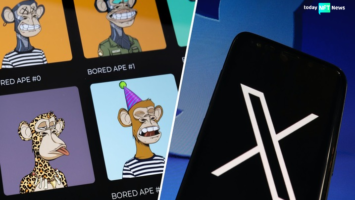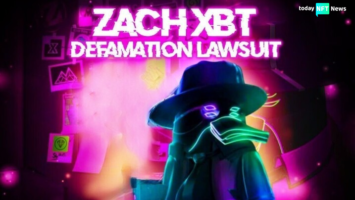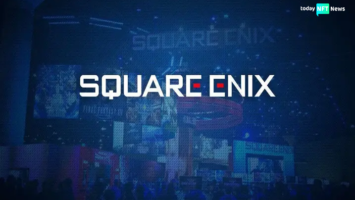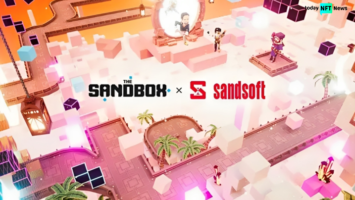SNEAK PEEK
- Rarible, an NFT marketplace, has seen a significant 585% surge in trading volume after publicly supporting NFT creator royalties.
- Despite Rarible’s impressive growth, its volume is modest compared to industry giants.
- Alex Salnikov, Rarible’s co-founder, announced that the platform would stop supporting marketplaces that ignore royalties.
Rarible, an NFT marketplace, has witnessed a significant surge in trading volume. This comes on the heels of a decisive public statement. The platform expressed unwavering support for NFT creator royalties, a move that seems to resonate with the community.
Significantly, Rarible’s trading volume skyrocketed by nearly 585% in just 24 hours. On August 23, the platform recorded over $45,000 in fiat trading volume. This uptick, as reported by analytics platform DappRadar, is noteworthy. Especially when juxtaposed against the backdrop of its competitors’ performance during the same period.
1/ Following @rarible‘s decision to maintain creator royalties, and remove both @opensea and @blur_io from their aggregation data, Rarible’s trading volume is up 637% in the past 24h.
Do you think Rarible is right? 🤔
View @rarible on DappRadar 👇https://t.co/9hh0AQa7Nj pic.twitter.com/cg1dPChYar
— DappRadar (@DappRadar) August 23, 2023
However, it’s essential to put these numbers in perspective. While Rarible’s volume might seem modest compared to some giants in the space, its growth rate outpaces them. For instance, OpenSea and LooksRare, two major NFT marketplaces, experienced trading volume declines of 19% and 74% respectively. Moreover, X2Y2, another competitor, only managed an 8.8% increase.
This surge in Rarible’s volume didn’t occur in a vacuum. Alex Salnikov, Rarible’s co-founder, made a pivotal statement on August 22. He emphasized that Rarible would cease support for marketplaces that overlook royalties.
Consequently, by September 30, Rarible intends to halt aggregating orders from OpenSea, LooksRare, and X2Y2. Salnikov’s rationale was clear. He stated, “This space is about redefining how we value and compensate creativity.” He further added, “We can’t watch the core promise of this space erode.”
Besides Rarible’s stance, OpenSea’s decisions have also stirred the pot. In February, OpenSea decided against enforcing NFT creator royalties. This move saw them cede territory to Blur, another NFT marketplace that sidesteps royalty enforcement. Additionally, on August 17, OpenSea revealed plans to discontinue its royalty enforcement tool.
Meanwhile, a concerning trend emerges from the broader NFT ecosystem. Royalties earned by Ethereum-based NFT projects have plummeted, hitting a two-year low in July. This data, sourced from analytics firm Nansen, underscores the challenges and evolving dynamics of the NFT space.
The NFT landscape shifts, marketplaces like Rarible are making their positions clear. The debate around royalties is far from over, and the coming months will undoubtedly reveal more about the future trajectory of the industry.








